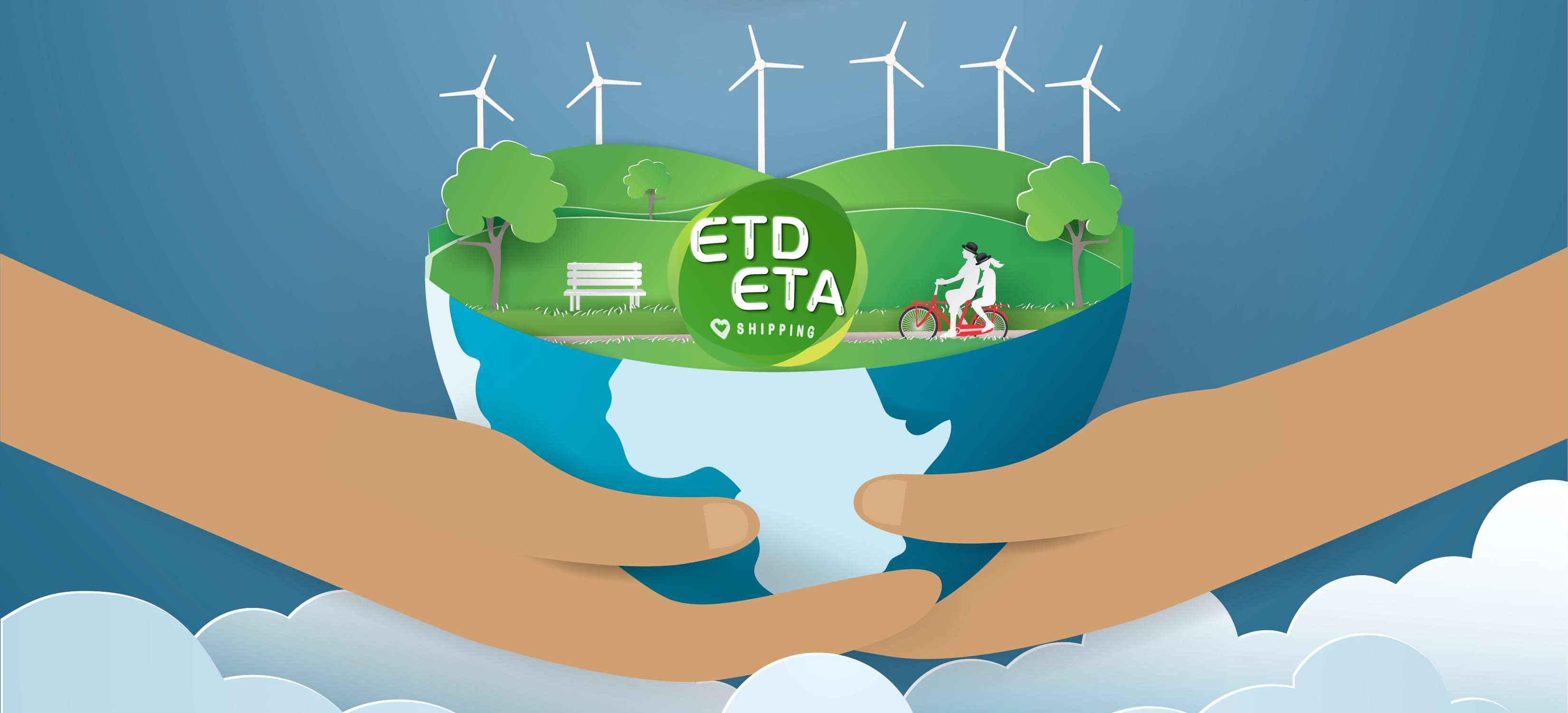Reducing the environmental footprint of shipping

The global economy would not function without ocean freight services. A minimum of 90% of the world’s traded goods, including clothing, foodstuffs, and other items, cross our oceans.
However, despite the logistics sector’s efforts, this mode of transport still results in pollution in terms of atmospheric and water contamination. There are fewer initiatives to reduce CO2 emissions and limit ocean freight’s climate impact than in other modes of transport, such as road haulage, where green fuels and route optimization have already been adopted by a number of carriers. The longer average lifespan of a cargo ship is a factor in the longer-term energy transition of ocean freight. The shipping industry is taking steps to introduce green methanol and other fuels, as well as slow steaming. However, these efforts are still in their early stages and have yet to yield significant results.
It is imperative that shippers, logistics providers, and carriers participate in further initiatives and demonstrate a willingness to pay for greenhouse gas emissions reductions in the shipping industry. Otherwise, emissions will continue to increase.
The decarbonization process is already underway in the logistics and transportation sector. We are committed to promoting environmentally-friendly shipping practices. At ETDETA, for instance, we are implementing container loading optimization and multi-modal transportation at both the departure and arrival of shipments in ports, which has the potential to reduce emissions by up to 30%. Given that cargo ships typically sail at an average of only 75% of load capacity and that containers on the same vessels are often not optimized, there is a clear need for quick and effective ways to optimize cargo.
In recent years, we have observed a growing demand from customers for solutions that reduce the carbon footprint of their supply chains. We collaborate with them to identify the optimal solutions that meet their needs and address the environmental challenge.
Our consciousness of low carbon made us the leaders of environmental protection in freight forwarder industry in China. The creative ET IT system and unique bonus mechanism realized the management mode of working @ home.
Thus reduced the pressure of city traffic and reduced carbon release of the exhausted air. Less office space and equipments reduces deforestation.
Global transportation increased carbon. We have a forest planting plan that we would spare one dollar from each bill of operation to donate a sapling to the dry land in Chinese West and would mark the name of our client from whom the one dollar came.
We have different nationalities, but we have only one earth.
We appeal: Protect the earth irrespective nationalities.